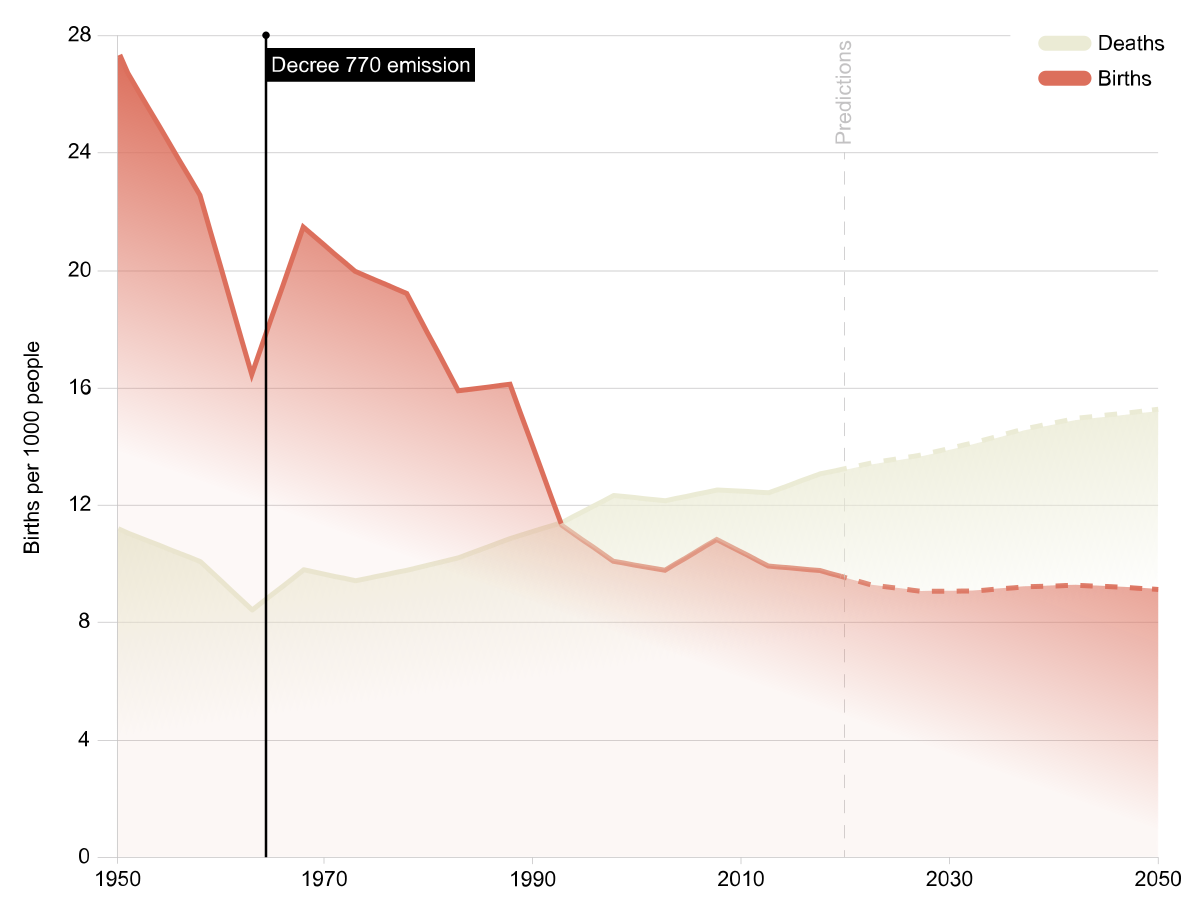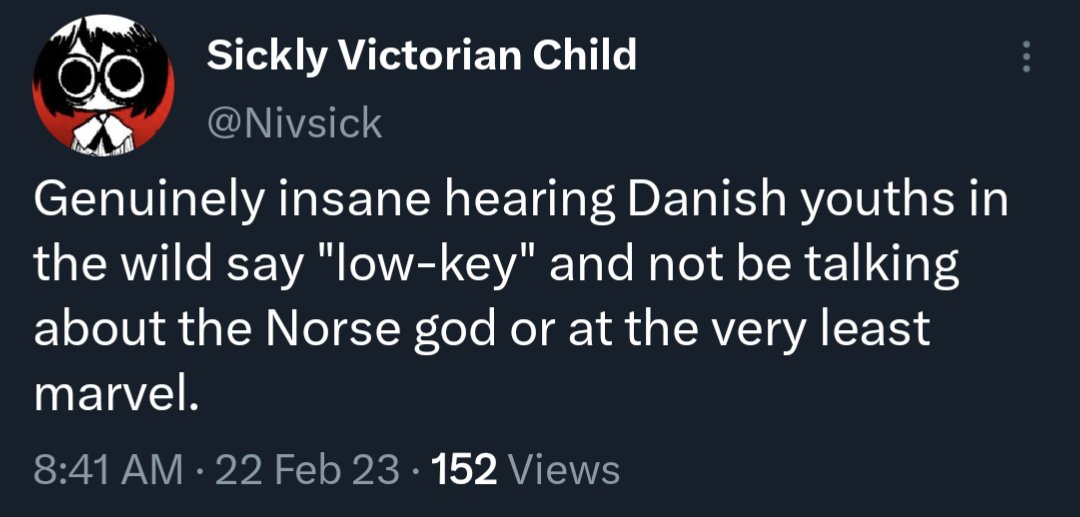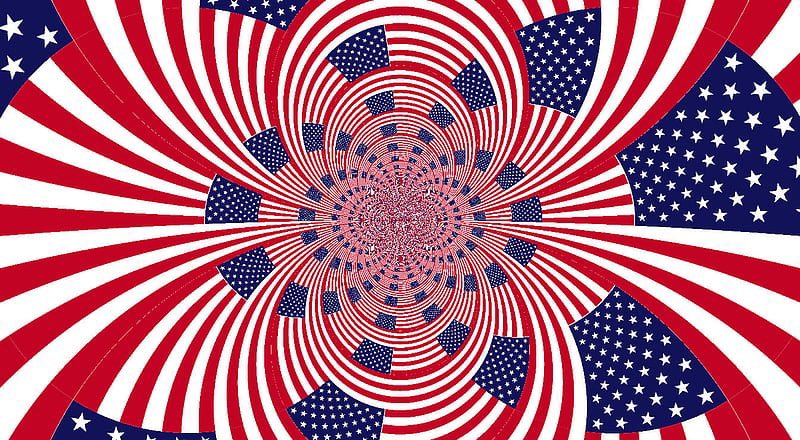I've been traveling to and from Europe for decades and I have noticed a shift in how much American culture is being exported to countries abroad.
Take Starbucks for example.
The well-known Starbucks origin story is about how Howard Schultz traveled through Milan, fell in love with espresso bar culture, and introduced it in the US. Before Starbucks, a lot of American coffee was terrible. Folgers and diner drip coffee were considered good. Starbucks led a movement which led to a large increase in independent cafes and the quality of coffee is now very good in the United States.
Starbucks, meanwhile, became a place where adults would buy socially acceptable ice cream drinks for breakfast. The coffee culture that Starbucks initially brought was morphed by the American market into these high sugary, novel caffeine drink concoction we see today. This version is now being to Europe. And it's popular. Wherever I go in Europe I see Starbucks full of people ordering.
This is really part of a larger phenomenon. America is the leading exporter of culture around the world. It seems like, to me, that this influence just keeps growing with time.
Take a Look Around
I was walking around a small town in France last year. They don’t speak english very well there, they only speak french. Yet, when I was walking around I noticed a few things:
1) People were mostly wearing jeans and sneakers everywhere.
2) People under the age sometimes had had tattoos.
3) The only hats I saw people wear were baseball hats.
4) At times you could hear hip hop blaring from cars driving by.
5) The stores in this town had video games that I recognized, the movie theaters had American films showing. People were using Apple laptops, and wearing Airpods.
I was surrounded by America even though I was far away. They knew about my culture, what I grew up watching, what I listened to on the radio, the technology I used, and the products I and trends I consumed.
Protests
[CURRENT POLITICS]
The History of American Influence pre-1999
America is a weird place. You do not feel in touch with a deep history because it is a young country. One of the reasons immigrants come here, they have kids, and their kids assimilate hard and fast is because you see yourself as a citizen of the present day. The country is rich, it focuses on making things for the future and has no enemies at the borders.
After World War 2 America had the biggest military in the world, indeed, it still does. It also doesn’t have any hostile neighbors..
I don’t think there’s ever been a world superpower in history without enemies on the borders. Rome had the Gauls, the Germans, the Persians, and then later on the Arabs and Turks. China was surrounded by enemies, they had to build a great wall. Later on the French had Britain, and then Germany border them. Every empire or great power falls to its neighbor that borders it. America doesn’t have that issue. It hasn’t even fought a war on its territory in 150 years, and that was a war with itself. Yet it has the strongest and mightiest military ever known.
Not only that but its the richest country in the world. The biggest market. Every other country relies on the American Dollar as the reserve currency of the world. So not only is all the weapons here, there is also all the gold here. With no enemies at the borders. It’s also the size of a continent. Ever drive across America? It takes 70 hours. All you see is beautiful land. Forests, lakes, mountains, and all types of scenery.
In the 20th century America controlled much of global culture. There was a post war boom in the consumer economy and America beamed its influence around the world. Hollywood stars were global, television, radio, music, plays, you name it. Media broadcasted American influence.
American Influence post 1999
After 1999 the internet started getting big. You had all these tech countries pop up in the last 20 years. They all happened to start in one small part of America, Silicon Valley. The internet itself became a vehicle for American culture. Social media apps like Myspace, Instagram, Facebook, Twitter and companies like Google, Microsoft, and Amazon started dominating. The second great American revolution. The first was about TV, fashion, film and physical music.
The second is about owning the internet and its culture. This was even bigger.
America and the Internet
Where does this look come from?
Social Media and the Internet are spiritually American. They export trends all over the globe.
People who live in other countries have no idea what trend will come out of American tomorrow to dominate their life, their ideas, their clothes, their culture and the way they look at society. It must be a weird feeling.
1KYAE
What does 1KYAE stand for? The one thousand year American empire. Because it’s a super power on an island, culturally, militarily, economically and technologically. It has no enemies at the borders. A completely unprecedented situation. It may be a thousand year American reign we are at the beginning of.















